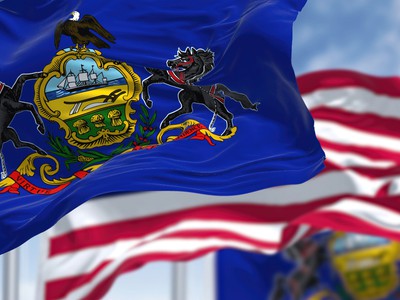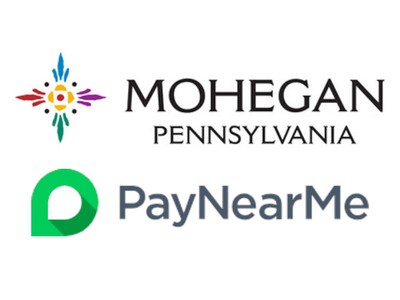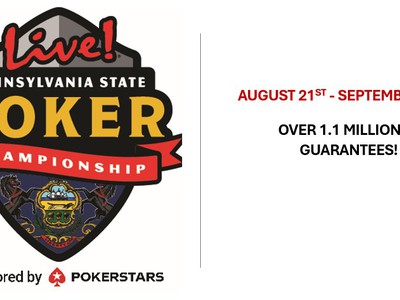For a long time now, skill game parlors and licensed casinos in the state of Pennsylvania have been waging a war of sorts, with skill games seemingly coming out as the winner for the time being.
Following the Commonwealth Court decision from December 2023, which deemed skill games to be legal, Governor Josh Shapiro has now included projected tax revenue from skill game parlors in his 2024/25 budget, making it clear that the games are here to stay at least for the time being.
The decision has caused plenty of backlash from the gambling industry, with regulated operators, the Pennsylvania Gaming Control Board (PGCB), the Pennsylvania Attorney General’s Office, and the American Gaming Association (AGA) all chiming in with amicus briefs regarding the situation.
While many continue to believe that skill games are essentially slots operating outside of the confines of regulation, game developers like Pace-O-Matic are confident that the two can exist side-by-side and without interfering with each other’s business models.
Pennsylvania Casinos to Push for Regulation and Heavier Taxation
According to Governor Shapiro’s projections, skill games could contribute $150 million in tax revenue in the current fiscal year and as much as $313 million by the next one, making them a significant potential contributor.
Parx Casino CEO Eric Hausler talked about the situation and described skill game parlors as unregulated slot parlors that take advantage of the situation by not paying any taxes and working around all consumer protection policies.
Indeed, skill game machines have often been compared to slots in the past, and the question of their effect on problem gamblers who gain access to them in completely unregulated surroundings remains an unanswered one.
Live casinos and licensed US online casinos in Pennsylvania both have a vested interest in ensuring skill games are not offered on such a lenient basis, as competing with businesses that pay less taxes and are not subject to audits and regulation may not be possible in the future.
However, despite the efforts of PA casinos, it appears that skill games will remain legal and within the legal framework, although they will start paying significant taxes as of this fiscal year, with the Governor imposing a tax of 42% on the parlors according to Spotlight PA.
It is expected that gaming operators and other interested parties will continue to fight the government regarding skill games, which they still describe as disguised slot games no different than the machines you would find in any casino venue.
Pennsylvania Against Gaming Expansion Requests Strict Limits
In another new development regarding the skill games situation in the state, an organization called “Pennsylvania Against Gaming Expansion” sent a memo to the lawmakers regarding the dangers of skill games.
The memo details different potential dangers of skill games, which include increased crime rates and the fact that unregulated game parlors are not required to offer any support for problem gamblers or underage gamblers.
The organization has hailed the Governor’s new 42% tax rate, significantly higher than the previously proposed 16% rate, but stated it continues to believe that full regulation is required.
According to Pennsylvania Against Gaming Expansion, such regulation would be conducted by the PGCB, would limit the number and type of parlors that can offer skill games, and introduce law enforcement provisions and seizures of illegal machines.
The organization is just one of many across Pennsylvania that believe skill game machines pose a serious threat and should not be allowed to continue operating without proper regulation, even if properly taxed.









